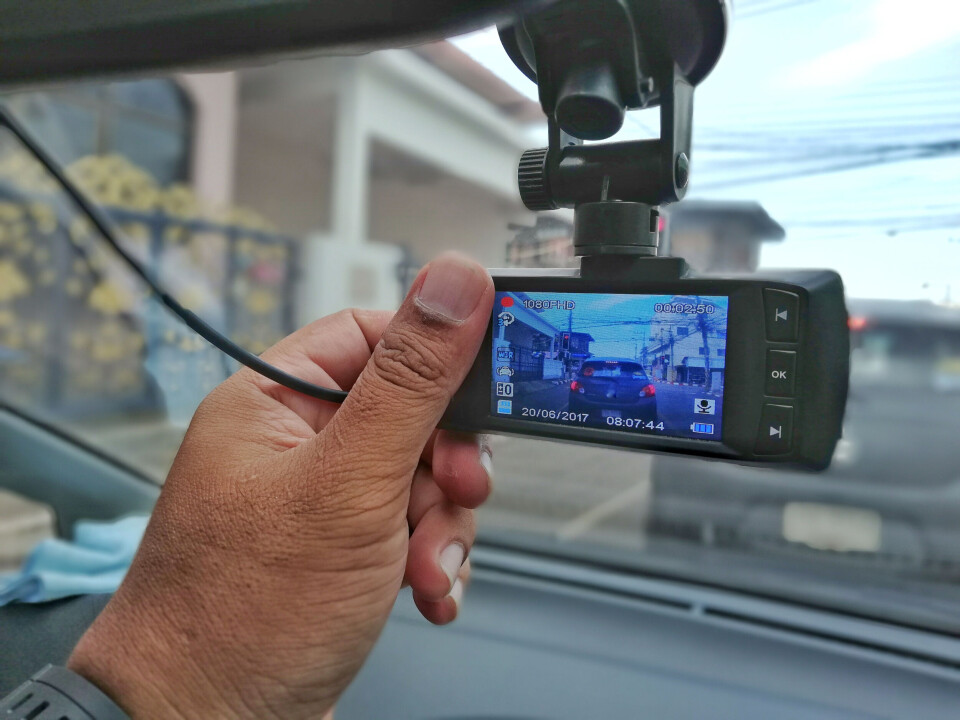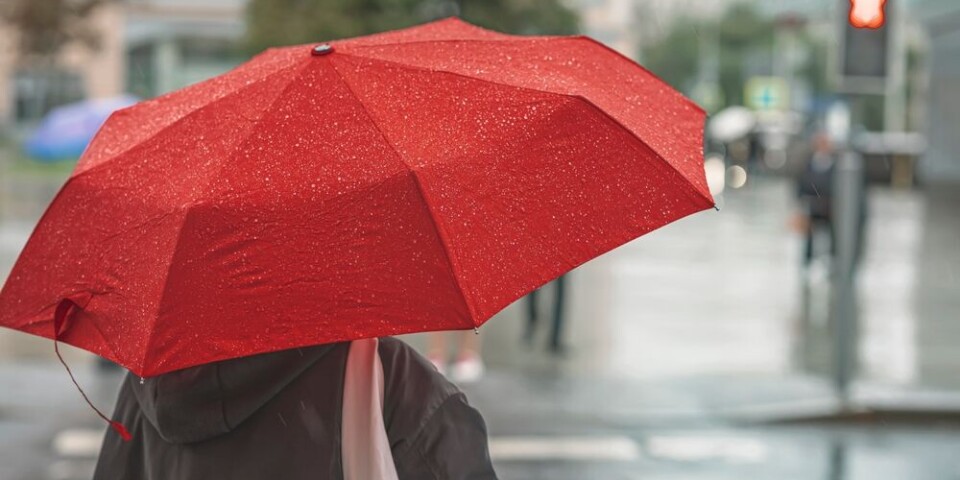-
Video: raccoon spotted in French Pyrenees
Local animal experts say this is ‘not good news’ and ask the public to report any further sightings
-
Man in custody over death of French jogger was previously imprisoned twice for rape
DNA of jogger, 28, was found in the man’s car
-
French weekend weather forecast September 13-14: Rain for most areas
Summery conditions will only be present in the south on Sunday
Judges do consider dashcam evidence, says top French motoring lawyer
The avocat’s comments come despite France’s official data use agency ‘strongly advising’ against the use of the gadgets

A well-known French motoring lawyer has argued that dashcams, which fall into a grey legal area in France, can be useful to motorists and also to courts.
As The Connexion reports, France’s official data protection agency Cnil states that there is no specific legislation relating to the devices and “strongly advises” people not to use them.
There are existing French laws against filming people in the street without their approval, though they do not specifically address the question of onboard cameras in vehicles.
Cnil therefore recommended not using devices that film public spaces until the law has been further clarified.
Read more: Drivers in France ‘strongly advised’ to avoid onboard cameras
Footage ‘may be helpful in court’
However, leading motoring law avocat Rémy Josseaume questioned this advice, given the protection that he said dashcams (known as cameras embarqués in French) can offer drivers in both criminal and civil cases.
“In criminal cases they are useful to police and judges in cases where people run off after accidents,” he said.
This happened in a high-profile accident in February when a car driven by actor and comedian Pierre Palmade, who had taken cocaine, crossed the central line and hit a car with a family inside, causing serious injuries and causing a pregnant woman to lose her baby.
A dashcam in a car of someone who stopped to help recorded two men who were in Palmade’s car running away. The video footage enabled the police to track them down and question them about the accident.
Mr Josseaume said another classic case was if you have received a fine for jumping a red light; in which case the dashcam could show the light was amber when you crossed it, if that was the case.
“The police and administration might not take account of the dashcam but if it comes before a judge they will,” he said [editor’s note: this would be the case if you opt to dispute a fine].
He added: “They are also useful when people are accused of not stopping for pedestrians, if they can show the pedestrians were just standing by the crossing, talking, or looking at their phone and showing no sign of crossing.
“When it comes before a judge, it is evidence the judge will use.”
Evidence ‘can help where insurance will not pay out’
In civil cases, even if insurance companies refuse to take dashcam evidence into account, judges can use it if a dispute over insurance reaches the courts, said Mr Josseaume.
In one case of a collision with a deer where insurers were refusing to pay out, dashcam footage proved the deer jumped out unexpectedly and the driver had not been at fault.
“After seeing dashcam footage of the incident, the judge ordered the insurers to pay up.
“Similarly if the dashcam shows someone else was responsible for the accident, a judge accepts that as evidence, even if insurance companies do not, something which can save thousands of euros.”
Mr Josseaume warned, however, that the police could seize dashcams and use them against the owner in situations where they were in the wrong.
Dashcams can also be used against owner
“One client of mine filmed himself with a dashcam driving at 300km/h down a motorway at night, then posted it on the internet, thinking he had removed all signs showing where he was.
“The police seized his camera and used it to prove he was in France.
“Similarly you are looking for trouble if you publish on the web or in a newspaper dashcam videos or photos where numberplates or people can be identified.”
This is because the way the images are used is subject to rigorous rules.
He added: “In general the evidence is that people are more careful when they drive with a dashcam, and are careful in what they say and do if they see you have a dashcam, including law officers.”
A survey in 2015 estimated there were at least 300,000 dashcams bought in France that year.
It is now not uncommon to see the cameras in cars parked in the streets, even in small rural towns.
Some years ago German insurance company Allianz, which has a big presence in France, offered a discount to clients who used dashcams, but the company told The Connexion it no longer did so and did not use dashcam evidence when selling claims.
Similarly car maker Citroën, which offers dashcams as factory fitted options on new C3 and C4 models, did not respond when asked how the images they record might be used.
Related articles
Calls for harder line on drug driving after French actor’s crash
Five things they do not tell you about driving in France
























